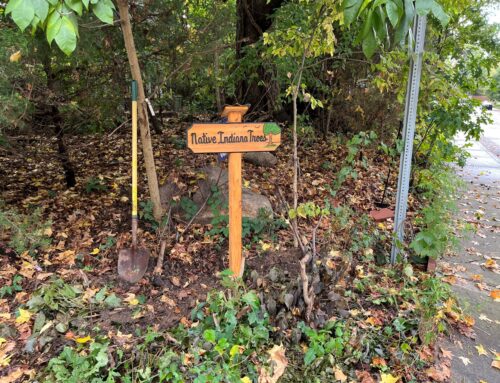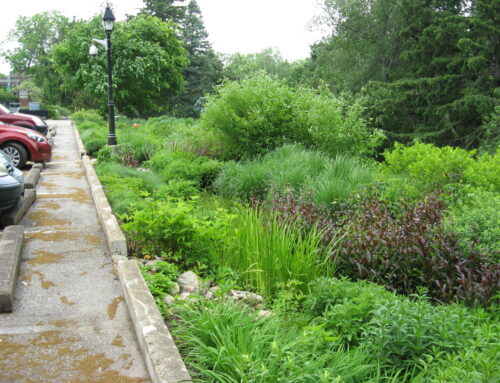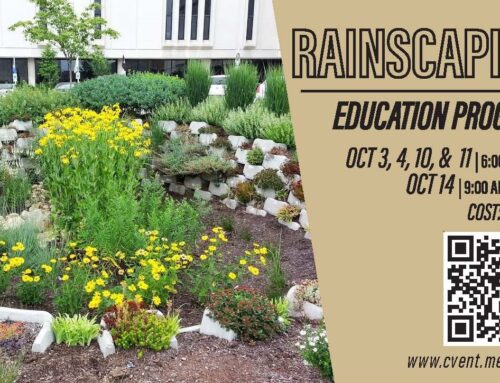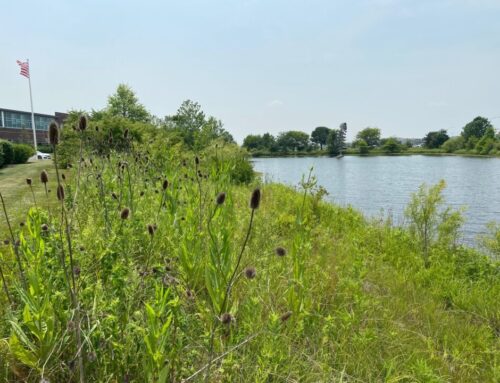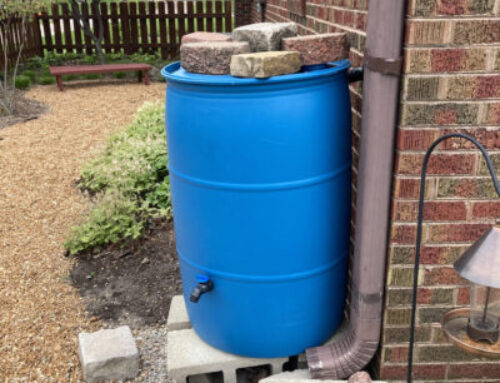Spring is here and those who love gardening and those who tend small farms are anxious to get outside and start planting! But to be the best stewards of our water quality and soil while providing optimal growing environments for our crops you may want to first consider evaluating the condition of your soil.
Soil tests provide vital information about what is currently available for plant growth in your garden plot. General soil tests provide basic information such as the amounts of nitrogen, phosphorus, potassium and the pH of the soil. Soil tests will tell you which nutrients and how much fertilizer your soil needs for the type of crop you plan to grow. They also tell you if the pH needs to be adjusted in order for this type of crop to thrive. As you become more specialized in monitoring your crop conditions additional soil testing can be done to provide information on other elements. Having too much of certain nutrients can be harmful as they may cause deficiencies in other nutrients.
Soil tests can also tell you the percentage of humic matter and its cation exchange capacity which measures how well your soil holds on to nutrients. These can then be adjusted if they are low to provide a much better growing environment. Compost can also be tested so that you know what benefits you can expect from your own compost pile. It’s a balancing act to create the most optimal growing environment.
Soil tests generally will not address drainage or compaction problems which will need to be addressed separately as they will significantly decrease the root health of your plants.
Another helpful tool to go along side your soil test is to later have a plant analysis done. Sometimes the type of fertilizer or how it reacts with the soil can cause it to become unavailable to the plant. A plant analysis provides a precise nutritional profile of the growing plant revealing how well your fertilization program is working. More information on plant analysis is available through Purdue University at https://www.extension.purdue.edu/extmedia/NCH/NCH-46.html
To find certified soil testing and plant analysis labs go to https://ag.purdue.edu/agry/extension/pages/soil_testing.aspx
Our office is actively helping small farmers improve their soil health and crop yields. Contact Kevin Allison, Soil Health Specialist at 317-786-1776 or email him at kevin-allison@iaswcd.org for more information.

